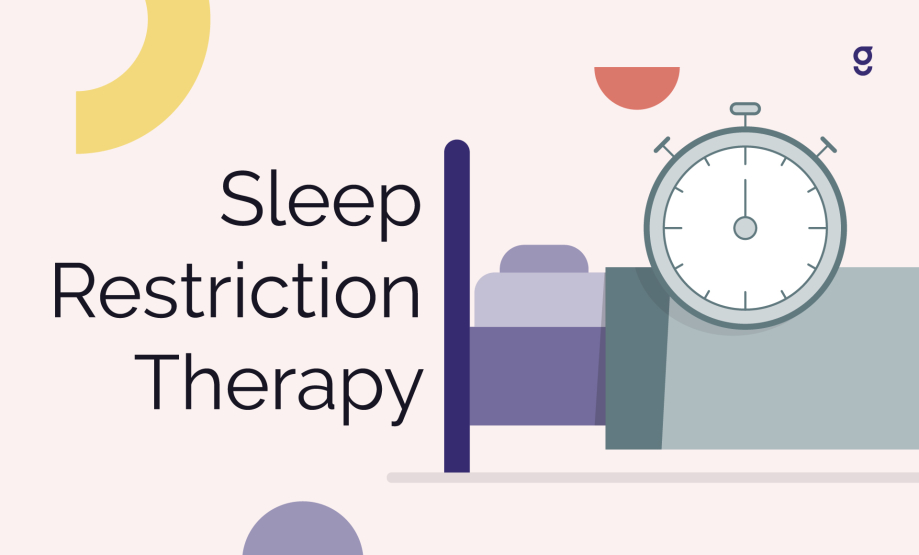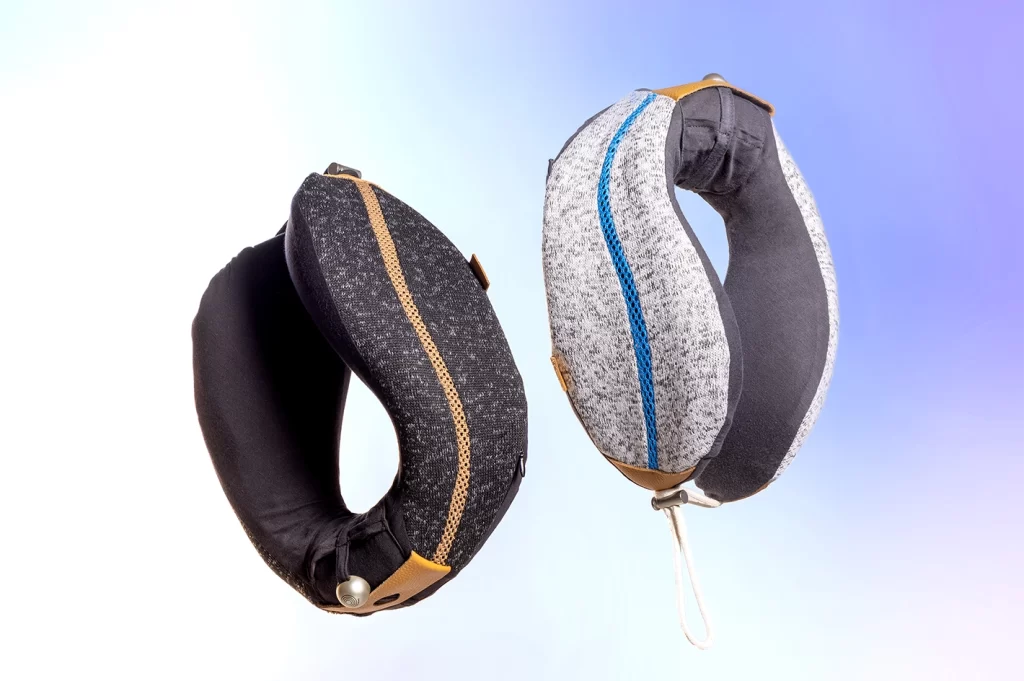Sleep Deprivation Help - Overcome Fatigue and Improve Wellness
Sleep Deprivation Help - Overcome Fatigue and Improve Wellness
Blog Article
Reliable Therapy Solutions for Managing Rest Disorders and Enhancing Peaceful Sleep
In the realm of medical care, the administration of rest conditions and the quest for relaxing rest are essential components of general health. As we navigate the intricate landscape of sleep problems and seek to boost our sleep experience, a much deeper understanding of these therapy remedies might hold the secret to unlocking a much more refreshing and meeting corrective journey.
Cognitive Behavior Modification for Sleeping Disorders (CBT-I)
Cognitive Behavior Modification for Sleeplessness (CBT-I) is an organized, evidence-based treatment method that concentrates on attending to the hidden factors adding to sleep disruptions. This kind of therapy aims to modify habits and thoughts that worsen insomnia, eventually promoting healthy and balanced rest patterns. CBT-I generally includes several crucial components, including cognitive treatment, rest constraint, stimulation control, and sleep hygiene education.
Cognitive therapy helps people identify and transform unfavorable thought patterns and ideas regarding sleep that may be impeding their ability to fall or stay asleep. Sleep restriction entails restricting the quantity of time invested in bed to match the person's actual sleep duration, thereby increasing rest efficiency (sleep deprivation help). Stimulation control strategies assist establish a strong organization in between the bed and sleep by urging people to go to bed only when drowsy and to prevent participating in promoting tasks in bed
In addition, sleep hygiene education and learning concentrates on creating healthy sleep habits, such as keeping a consistent rest routine, developing a relaxing bedtime routine, and optimizing the sleep environment. By resolving these aspects comprehensively, CBT-I supplies a reliable non-pharmacological treatment for managing insomnia and enhancing general rest top quality.
Sleep Hygiene Practices
Having developed the foundation of cognitive restructuring and behavior adjustments in dealing with insomnia through Cognitive Behavior modification for Sleeplessness (CBT-I), the focus now changes towards discovering necessary Sleep Health Practices for maintaining optimal rest quality and general well-being.
Sleep health practices encompass a variety of habits and environmental aspects that can dramatically affect one's capacity to drop off to sleep and stay asleep throughout the night. Regular rest and wake times, producing a relaxing bedtime routine, and optimizing the rest atmosphere by keeping it dark, peaceful, and cool are essential components of excellent sleep hygiene. Limiting exposure to displays prior to bedtime, preventing energizers like caffeine near to going to bed, and participating in normal physical activity throughout the day can also advertise far better sleep top quality.
Additionally, practicing leisure strategies such as deep breathing workouts or meditation prior to bed can help soothe the mind and prepare the body for sleep. By incorporating these rest hygiene techniques right into one's everyday routine, individuals can develop a healthy rest pattern that sustains peaceful rest and overall well-being.
Leisure Methods and Mindfulness
Carrying out leisure strategies and mindfulness techniques can play a critical function in fostering a feeling of calmness and advertising top quality rest. Additionally, assisted images can assist carry people to a serene place in their minds, helping in tension reduction and enhancing sleep top quality.
By integrating these practices right into a going to bed regimen, people can indicate to their bodies that it is time to prepare and take a break for rest. Overall, incorporating leisure strategies and mindfulness practices sleep apnea dementia can considerably contribute to handling sleep disorders and enhancing total sleep top quality.

Medication Options for Rest Disorders
After exploring leisure techniques and mindfulness practices as non-pharmacological interventions for boosting sleep high quality, it is necessary to consider medication alternatives for people with sleep disorders. In instances where way of living changes and therapy do not supply adequate alleviation, medicine can be a valuable tool in managing sleep disturbances.
Frequently prescribed medicines for rest problems consist of benzodiazepines, non-benzodiazepine hypnotics, antidepressants, and melatonin receptor agonists. Benzodiazepines, such as diazepam, are sedatives that can assist generate rest, yet they are generally suggested for short-term use because of the danger of dependence. Non-benzodiazepine hypnotics like zolpidem are also used to deal with sleeping disorders and have a reduced danger of reliance compared to benzodiazepines. Antidepressants, such as trazodone, can be advantageous for individuals with co-occurring anxiety and sleep disruptions. Melatonin receptor agonists, like ramelteon, target the body's natural sleep-wake cycle and can be practical for managing sleep patterns.
It is critical for people to seek advice from a doctor to determine one of the most ideal drug choice based on their certain rest problem and case history.
Light Treatment for Body Clock Regulation
Light treatment, also referred to as photo-therapy, is a non-invasive treatment method made use of to regulate body clocks and enhance sleep-wake cycles. This therapy includes direct exposure to brilliant light that simulates natural sunlight, which aids to reset the body's biological rhythm. By exposing people to details wavelengths of light, normally in the early morning or night relying on the desired result, light therapy can properly adjust the body clock to promote wakefulness throughout the day and improve peaceful rest during the night.
Study has actually revealed that light treatment can be particularly helpful for individuals with body clock disorders, such as delayed sleep phase disorder or jet lag. It can additionally be practical for those experiencing seasonal affective disorder (SAD), a kind of depression that typically happens throughout the winter months when natural light exposure is minimized. Light therapy is normally well-tolerated and can be made use of combined with various other treatment techniques for sleep problems to maximize outcomes and improve overall sleep quality.
Verdict
Finally, reliable therapy options for managing rest disorders and enhancing restful rest consist of Cognitive Behavioral click to read Therapy for Sleep Problems (CBT-I), rest health practices, leisure methods and mindfulness, drug alternatives, and light treatment for body clock law. These strategies can assist people boost their rest high quality and overall wellness. It is very important to seek advice from a doctor to determine one of the most appropriate technique for attending to rest problems.
As we navigate the intricate landscape of rest problems and look for to enhance our rest experience, a deeper understanding of these treatment options may hold the key to opening a more relaxing and satisfying restorative journey.
Rest limitation involves restricting the quantity of time invested in bed to match the person's actual rest duration, therefore boosting sleep performance. Constant sleep and do antibiotics cause insomnia wake times, developing a relaxing going to bed routine, and enhancing the sleep environment by maintaining it dark, quiet, and cool are important components of excellent rest hygiene. Light therapy is typically well-tolerated and can be made use of in conjunction with various other therapy methods for rest disorders to maximize end results and improve general rest high quality.

Report this page